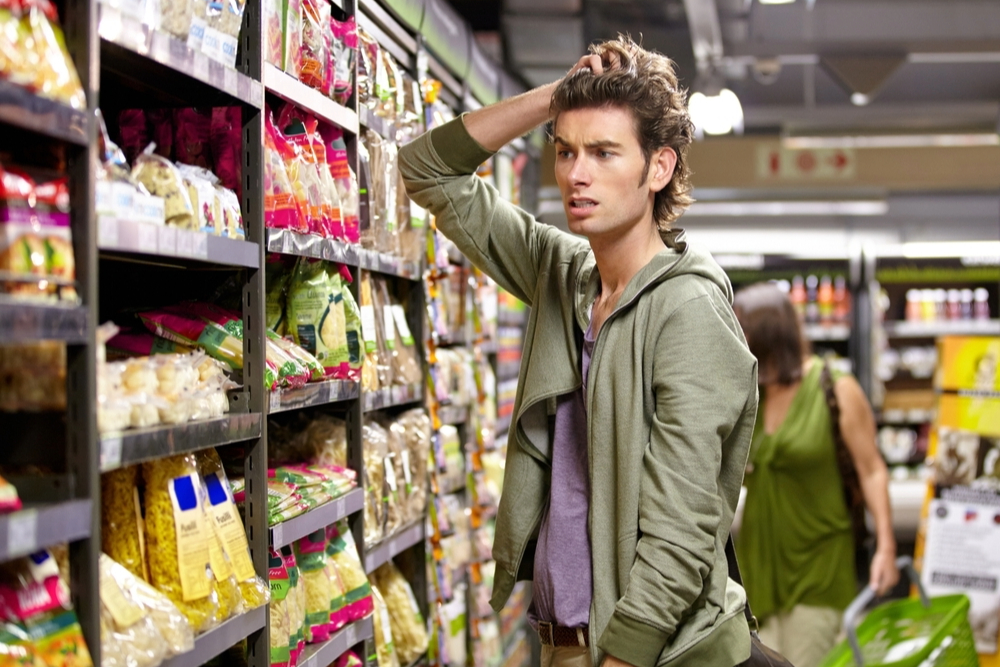

Products that have a more positive environmental and social impact are favoured by two-thirds of UK shoppers, although the same number struggle to identify them due to confusing product labelling.
That is according to a new study commissioned by tech giant Amazon, which also found that only 7% of Brits think they always understand a product’s environmental impact when they shop.
Assembling flat-pack furniture, completing a giant crossword puzzle, and cooking an elaborate dinner party from scratch are all perceived as easier tasks than figuring out products’ sustainability credentials.
As a result, almost two-thirds of those surveyed want retailers to help them easily identify products which have a more positive environmental and social impact.
Indeed, nearly 37.6 million Amazon customers switched to its Climate Pledge Friendly badged product range in 2023, leading to over 1.16 billion items sold – a 42% increase from 2022.
“Products with certified sustainability features are a top choice for UK shoppers, and it’s important that customers can easily understand exactly what those features are,” said John Boumphrey, Amazon UK country manager.
“We’re taking the guesswork out of the shopping experience, helping customers to shop for items that match their values.”
The study also found that certifications matter to UK shoppers, with 77% more likely to trust a product’s sustainability claims if it is supported by an official certification from a reputable organisation.
Furthermore, 41% claim to have abandoned a purchase when they did not trust or understand its sustainability claims.
The most sought-after sustainability features that shoppers look for are welfare to animals, reduced packaging, products made with chemicals safe for human health and the environment, and items made with recycled materials.
This comes after a global survey by professional services firm PwC found that four-fifths of shoppers are willing to pay more for sustainably produced or sourced goods.
Specifically, the poll of more than 20,000 consumers across 31 countries and territories found that shoppers are willing to pay 9.7% more on average for goods that meet environmental criteria, such as locally-sourced or made from eco-friendly materials.
“Consumers are increasingly feeling the squeeze of inflation and rising prices in essential goods such as groceries, however, in that context, they are prioritising products that are sustainably produced and sourced,” said Sabine Durand-Hayes, global consumer markets leader at PwC France.
“Even as consumers look to cheaper, generic options for essentials, they nevertheless cite a willingness to pay 9.7% more for sustainability.”
Image credit: Shutterstock